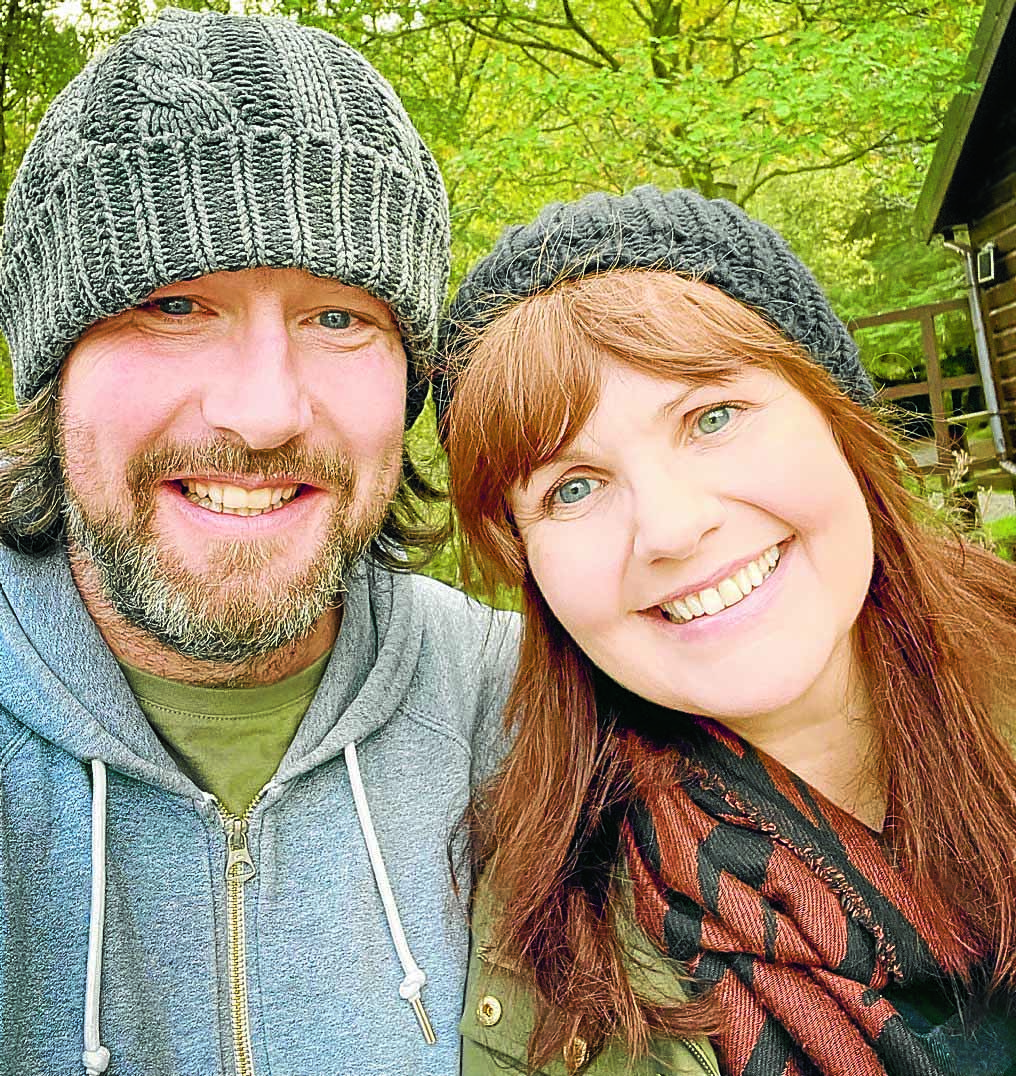But for sufferers of multiple sclerosis (MS), these tasks can pose problems, require planning and can take time to recover from, as Lockerbie woman Arlene Graham explains.
This week is MS Awareness Week and Arlene is highlighting the difficulties MS brings.
She was diagnosed with relapsing remitting MS in 2018 after first experiencing symptoms in 2007.
She works as a freelance graphic designer but has had to become part-time and reduce her hours further each year since her diagnosis.
Arlene, 45, says her main problems are with her left side, and she experiences numbness and pins and needles, heaviness, loss of power to limbs, and balance and walking issues, as well as problems with use of her hands.
She explained: “I also deal with nerve pain, speech issues, spasms in my hands and feet and memory and concentration problems.
“My vision is OK now, but it’s never been quite right since I developed optic neuritis. Out of everything, I would say that fatigue is probably the most disabling symptom and stops me being able to carry out daily life.
“My symptoms never go away, they’re always there, but they do worsen from time-to-time. I don’t think people understand that MS symptoms fluctuate so much.
“People need to be more patient and understand that people can be seriously ill but often look OK.
“Invisible illness is a big thing that needs to be brought to public attention.”
She revealed that “everything is exhausting and problematic” – from showering to cooking, adding: “My boyfriend is amazing and helps me a lot and my friends, family and colleagues are all really supportive as well.”
A survey by the MS Society found that the uncertainty of the condition often impacts relationships, with 51 per cent saying it had affected friendships, while over a third said their romantic relationships had been impacted.
Some of this rings true for Arlene, who said: “MS is so unpredictable that I can’t really plan anything, I never know if I’ll be well enough.
“I just try to take each day as it comes. I know I have no control over it, and usually no matter how much sleep or rest I get, I never feel any more rested.
“The unpredictability means it’s hard to plan anything from an afternoon out to future living arrangements or finances.
“I know a lot of people my age will be in management roles by now but for me it’s achievement enough to do a small amount of work each week and it’s all I can do.
“Having MS means I can’t have the same plans or goals as people who don’t.”
More than 15,000 people live with MS in Scotland, one of the highest rates of the condition in the world, explained Morna Simpkins, director at MS Society Scotland
She said: “Life feels uncertain for everyone just now but for people living with MS that uncertainty is something they can face on a daily basis throughout their life.
“MS is unpredictable and different for everyone, and our latest research highlights how this can have an enormous impact on people.”
The MS Society offers a free helpline, online forums and local groups.
- For more information visit www.mssociety.org.uk/msweek























